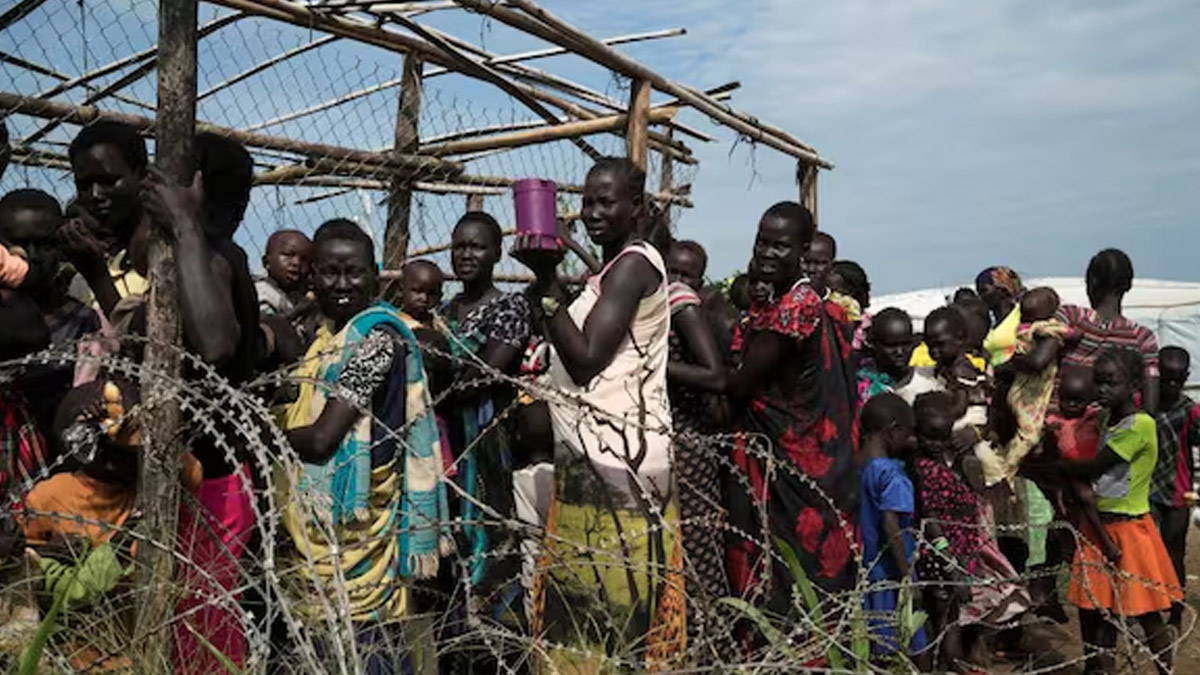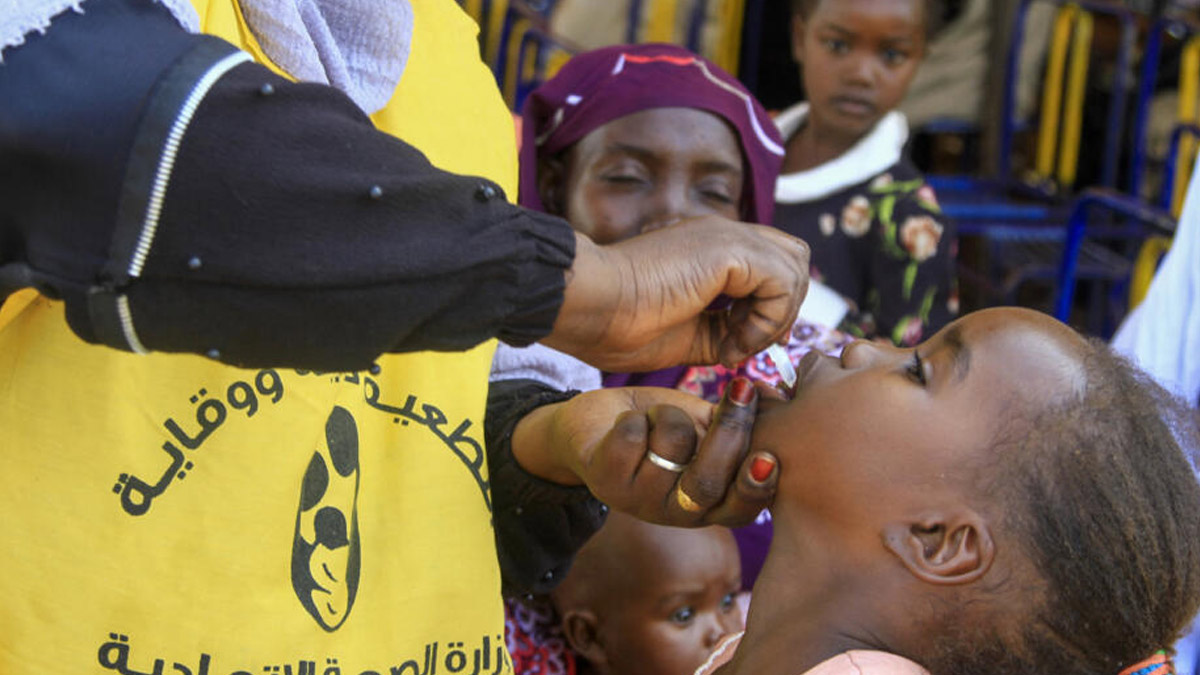-1740486749714.webp)
A deadly cholera outbreak has struck Kosti, a city in southern Sudan, claiming the lives of at least 58 people and infecting over 1,300 in just three days. The sudden rise in cases has alarmed health officials, who attribute the outbreak primarily to contaminated drinking water. With Sudan already grappling with an ongoing humanitarian crisis, this new health emergency poses a significant challenge to the country’s healthcare system.
Table of Content:-
Contaminated Water Supply Sparks Crisis
Authorities in Sudan have identified the collapse of the central water supply facility as the main trigger of this outbreak. The facility was reportedly damaged during an attack by a paramilitary group, forcing residents to rely on untreated water sources. Many families have been fetching water directly from the White Nile River using donkey carts, inadvertently exposing themselves to the deadly cholera bacterium.
As a precautionary measure, local officials have prohibited residents from collecting water from the river and have reinforced chlorination in the existing water distribution network. However, experts warn that the situation could spiral out of control if immediate intervention is not taken.
-1740486860588.jpg)
Overburdened Healthcare System
The rapid spread of cholera has overwhelmed medical facilities in Kosti. According to Dr. Francis Layoo Ocan, a medical coordinator for Doctors Without Borders, hospitals are struggling to accommodate the influx of patients. "We’ve run out of space, and we are now admitting patients in an open area and treating them on the floor because there are not enough beds," he stated. The lack of proper sanitation and limited access to clean water only exacerbates the crisis, putting more lives at risk.
Also Read: Liver Doc Debunks Ganga’s 'Self-Purifying' Claims; Warns Bacteriophages May Be Harmful For Humans
In response, the Sudanese Health Ministry has launched an emergency vaccination campaign to curb the spread of the disease. However, healthcare workers stress that without immediate improvements to water and sanitation infrastructure, the outbreak may continue to claim lives.

Sudan’s Struggle With Cholera Outbreaks
This is not the first time Sudan has faced a cholera crisis. Between July and October last year, a cholera outbreak in the country’s eastern regions resulted in more than 600 deaths and over 21,000 cases. Similarly, in 2017, another outbreak claimed at least 700 lives and infected approximately 22,000 people in under two months.
Also Read: Reduce Edible Oil Intake By 10% For A Healthier India, Urges PM Modi—Appoints 10 Fitness Icons
Sudan’s ongoing conflicts and displacement of millions have made the country particularly vulnerable to waterborne diseases. The lack of access to clean drinking water, combined with unsanitary living conditions, creates the perfect breeding ground for cholera and other infectious diseases.
Understanding Cholera: Causes and Risks
Cholera is a bacterial infection that primarily affects the intestines, leading to severe diarrhoea and dehydration. The disease spreads through contaminated food and water, making communities with poor sanitation especially susceptible. In many cases, cholera outbreaks occur in regions experiencing heavy rainfall, natural disasters, or conflict-induced displacement.
Historically, cholera outbreaks have occurred worldwide, but in recent years, the majority of cases have been reported in Asia, Sub-Saharan Africa, and the Caribbean.

Symptoms To Watch Out For
The symptoms of cholera can develop rapidly, making early detection and treatment crucial. The most common sign is watery diarrhoea, often described as "rice water stool" due to its cloudy appearance. Other symptoms include:
- Severe dehydration
- Vomiting
- Extreme thirst
- Muscle cramps
- Dizziness and fatigue
- Rapid heartbeat
- Reduced urine output
If left untreated, cholera can lead to severe dehydration, organ failure, and death within hours. Prompt medical attention and rehydration therapy are essential to improving survival rates.
Bottomline
While Sudan battles its current outbreak, global health experts emphasise the importance of preventive measures. Access to clean drinking water, improved sanitation, and proper food hygiene are the most effective ways to prevent cholera. In high-risk areas, oral cholera vaccines can provide additional protection.
The crisis in Sudan highlights the urgent need for stronger water and sanitation infrastructure, not just for cholera prevention but for overall public health. As humanitarian efforts continue, the global community must step up support to prevent further loss of life and contain the outbreak before it spreads further.
Also watch this video
Read Next
Liver Doc Debunks Ganga’s 'Self-Purifying' Claims; Warns Bacteriophages May Be Harmful For Humans
How we keep this article up to date:
We work with experts and keep a close eye on the latest in health and wellness. Whenever there is a new research or helpful information, we update our articles with accurate and useful advice.
Current Version